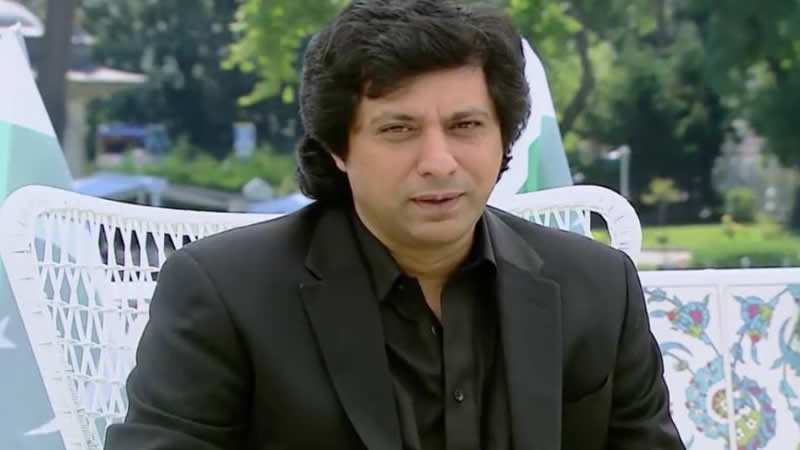 NEW YORK: Summit Entertainment, which distributes the successful “Twilight” films, has been extremely aggressive in policing infringements of its copyrights and trademarks. But the indie studio might have gone too far earlier this year in knocking down a musician’s work said to be “inspired by the Twilight saga.”After Summit got songwriter Matt Heart’s “Eternal Knight” booted off YouTube, iTunes, Amazon and other outlets, the singer sued. Last week, a federal judge in Ohio allowed parts of the lawsuit to survive despite Summit’s objections, finding that the singer has alleged a plausible claim that the studio knowingly misrepresented its copyrights when sending a takedown notice to various websites.Heart, whose real name is Matthew Smith, created “Eternal Knight” in 2002, several years before the “Twilight” novels and films appeared in the marketplace. But late last year, Heart engineered a bold marketing campaign to make his music popular. He posted the song on YouTube and had it for sale in iTunes and other outlets. He paid to promote the song in movie theaters for 28 weeks and — perhaps most controversially — he commissioned CD cover art that showed a moon similar to “Twilight’s” logo with a note that the song had been inspired by the “Twilight” saga.Summit’s lawyers seemed to think this was an attempt to trade off its intellectual property in a brazen effort to reach “Twilight” fans, so they registered takedowns at various websites. The song was removed.Heart then sued, claiming that he had a legitimately copyrighted song and Summit was committing fraud and misrepresentation and interfering with his relationships with vendors.
NEW YORK: Summit Entertainment, which distributes the successful “Twilight” films, has been extremely aggressive in policing infringements of its copyrights and trademarks. But the indie studio might have gone too far earlier this year in knocking down a musician’s work said to be “inspired by the Twilight saga.”After Summit got songwriter Matt Heart’s “Eternal Knight” booted off YouTube, iTunes, Amazon and other outlets, the singer sued. Last week, a federal judge in Ohio allowed parts of the lawsuit to survive despite Summit’s objections, finding that the singer has alleged a plausible claim that the studio knowingly misrepresented its copyrights when sending a takedown notice to various websites.Heart, whose real name is Matthew Smith, created “Eternal Knight” in 2002, several years before the “Twilight” novels and films appeared in the marketplace. But late last year, Heart engineered a bold marketing campaign to make his music popular. He posted the song on YouTube and had it for sale in iTunes and other outlets. He paid to promote the song in movie theaters for 28 weeks and — perhaps most controversially — he commissioned CD cover art that showed a moon similar to “Twilight’s” logo with a note that the song had been inspired by the “Twilight” saga.Summit’s lawyers seemed to think this was an attempt to trade off its intellectual property in a brazen effort to reach “Twilight” fans, so they registered takedowns at various websites. The song was removed.Heart then sued, claiming that he had a legitimately copyrighted song and Summit was committing fraud and misrepresentation and interfering with his relationships with vendors.
In a decision last week, Ohio federal judge James Carr dismissed Heart’s allegations that Summit committed fraud and induced emotional distress because Heart couldn’t sufficiently show a cause of action and enough specificity in his injury.But Judge Carr allowed Heart’s main allegations to continue — that Summit sent a takedown notice even though it didn’t have any copyright interest in Heart’s song.Summit tried to argue that it needed to do so because many websites offer only one kind of notice form — for copyright infringements. But Judge Carr says this if that’s a defense, it is not, during this phase of the case, a proper consideration.The judge also sees some plausibility in Heart’s claims that by making an improper copyright claim, Summit may have interfered with Heart’s contractual relationship with iTunes and other distributors.Summit has gone after fragrances, print-on-demand merchandising, a documentary, and more. But this lawsuit may signal that there are times when copyright holders can go too far in using the takedown process in policing for infringements. Summit declined to comment on the ruling. – Yahoonews












